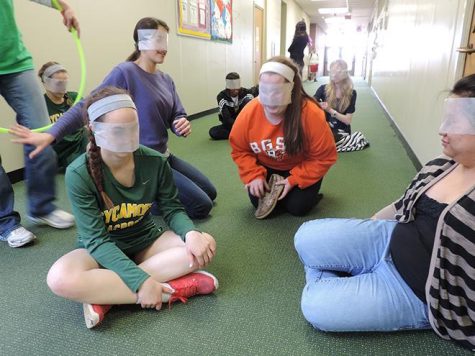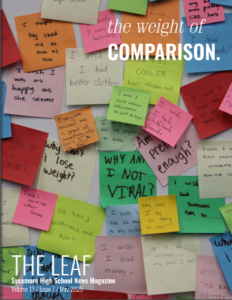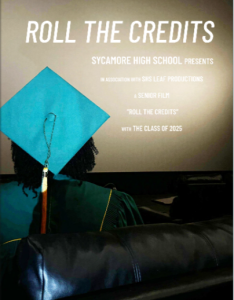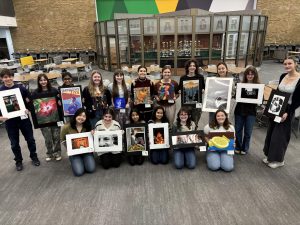Project-based create new ways to apply knowledge
October 16, 2015

Cheating is a word that often brings about shame, derision, and humiliation. However, few students can say they have never done it before.
With the increasing difficulty of college acceptance and the rigorous academic competition at SHS, it seems as though the desire to learn has been overshadowed by the desire to receive the highest grade point average.
Unfortunately, students will often do whatever it takes to achieve this goal; even if it means cheating. While sometimes the desired grade is received, the valuable knowledge is lost.
In order to combat cheating, several methods have been proposed, one of which is project-based learning. This type of learning eliminates tests and quizzes, which are replaced by a series of projects to be done during class.
The idea behind project based learning is that real-world problems provoke serious thinking as students apply new knowledge in a problem-solving context. Meanwhile, the teacher promotes the development of knowledge and social skills and assesses what the students have learned from the project.
Sophomore Kaitlyn Jiang said, “I think the idea of project-based classes is really great. Sometimes the best way to learn something is by applying it in a real-world context rather than just on a test or quiz.”
Unlike traditional courses, which assess understanding of learned content through a series of questions and responses, project-based classes provide opportunities to apply the learned content by investigating meaningful questions.
In addition, with no concrete guidelines or criteria that constitute good projects, project- based classes allow for greater creativity and varying depths of questions explored to accomplish learning goals.
While project-based classes are certainly not predominant in mainstream schooling systems, they are appearing sporadically. In fact, even SHS offers several project-based classes, one of which is Teaching Professions Academy (TPA).
TPA instructor Mrs. Jody Googins said, “[TPA] is a practical career tech class and I am preparing them for the real world and I feel like doing is better than just memorizing.”
Based on a series of projects, teaching professions provides a chance for students to apply knowledge in a real-world context.
Another aspect of projects is teamwork; however, as seen in the real world work environment, the work load is not always evenly distributed.
Googins said, “Sometimes working on a team is good and sometimes it is bad. Some kids do more work. I think that teaching kids accountability at a young age is important.”
As academic pressure continues to increase, it seems as though the desire to get perfect grades will continue to increase as well. Unfortunately, this yearning to achieve excellence may also bring the urge to cheat. While, project-based classes have yet to make their way into mainstream education, they certainly provide a viable alternative to combat academic dishonesty.






